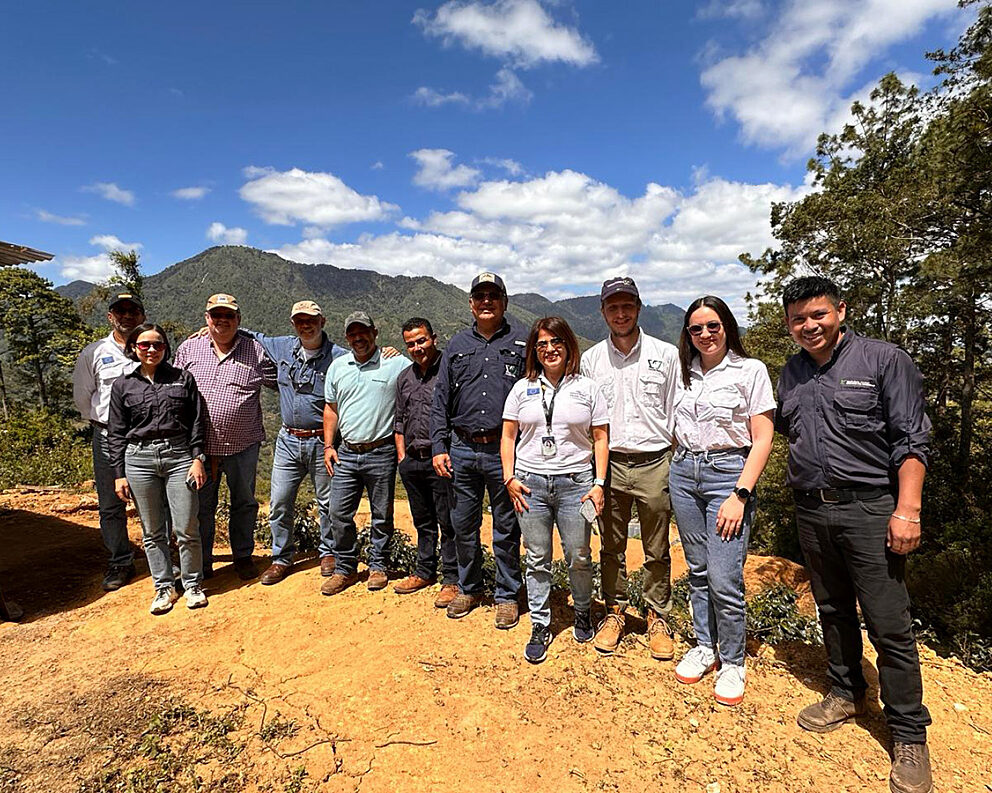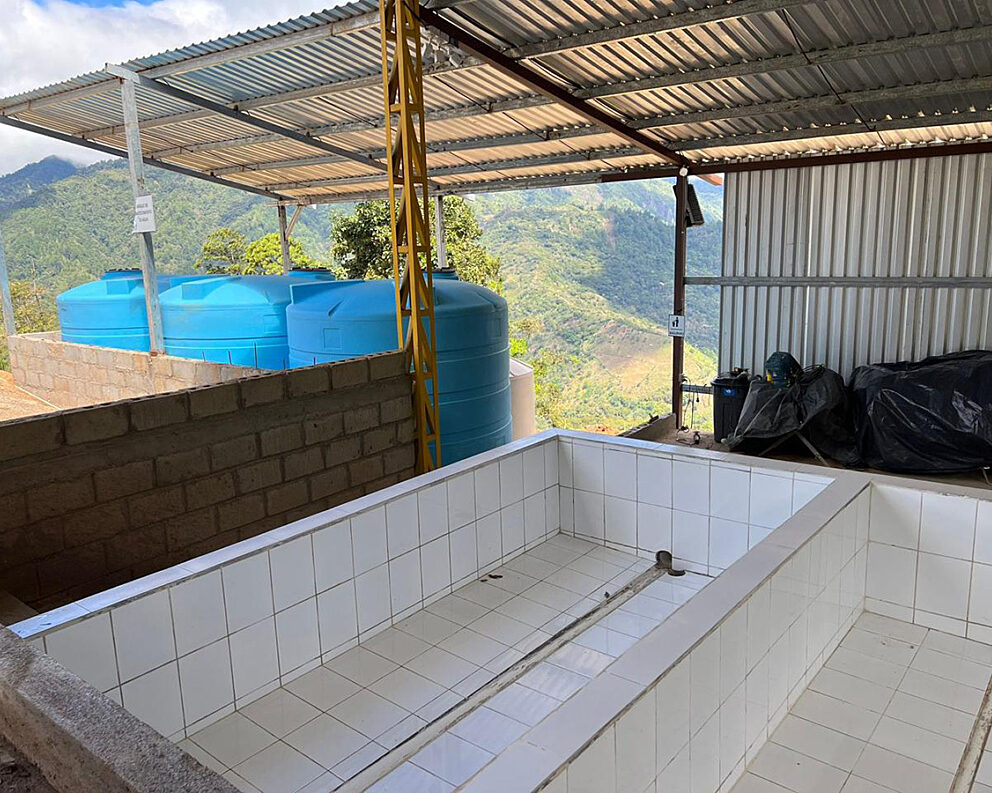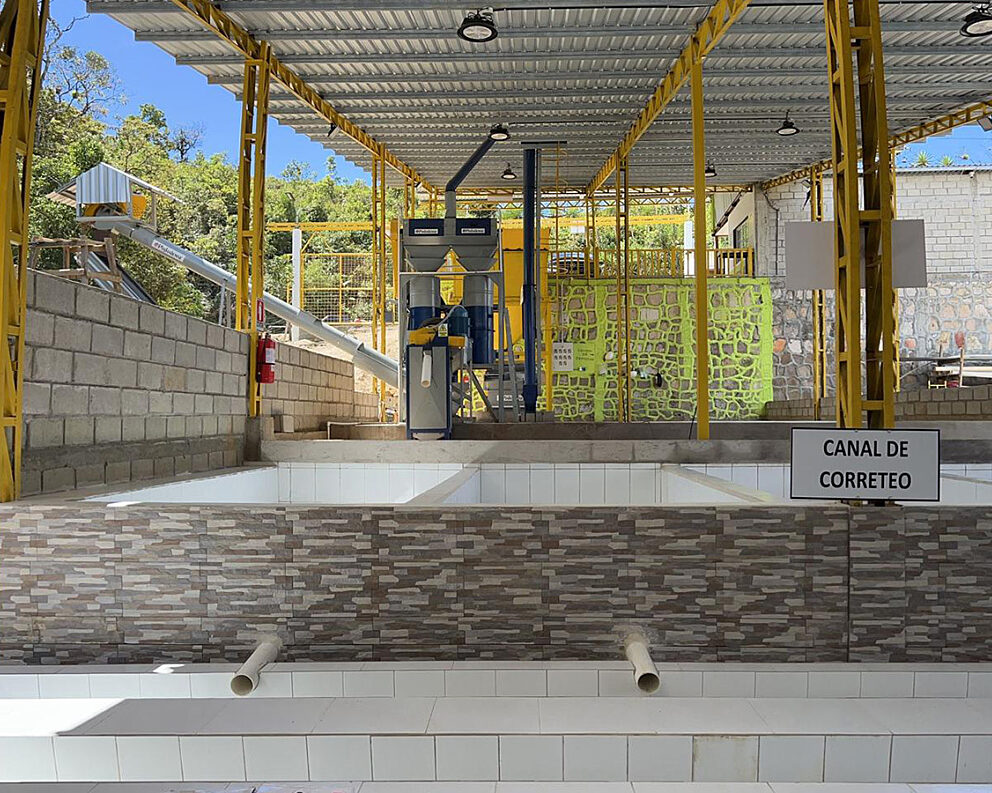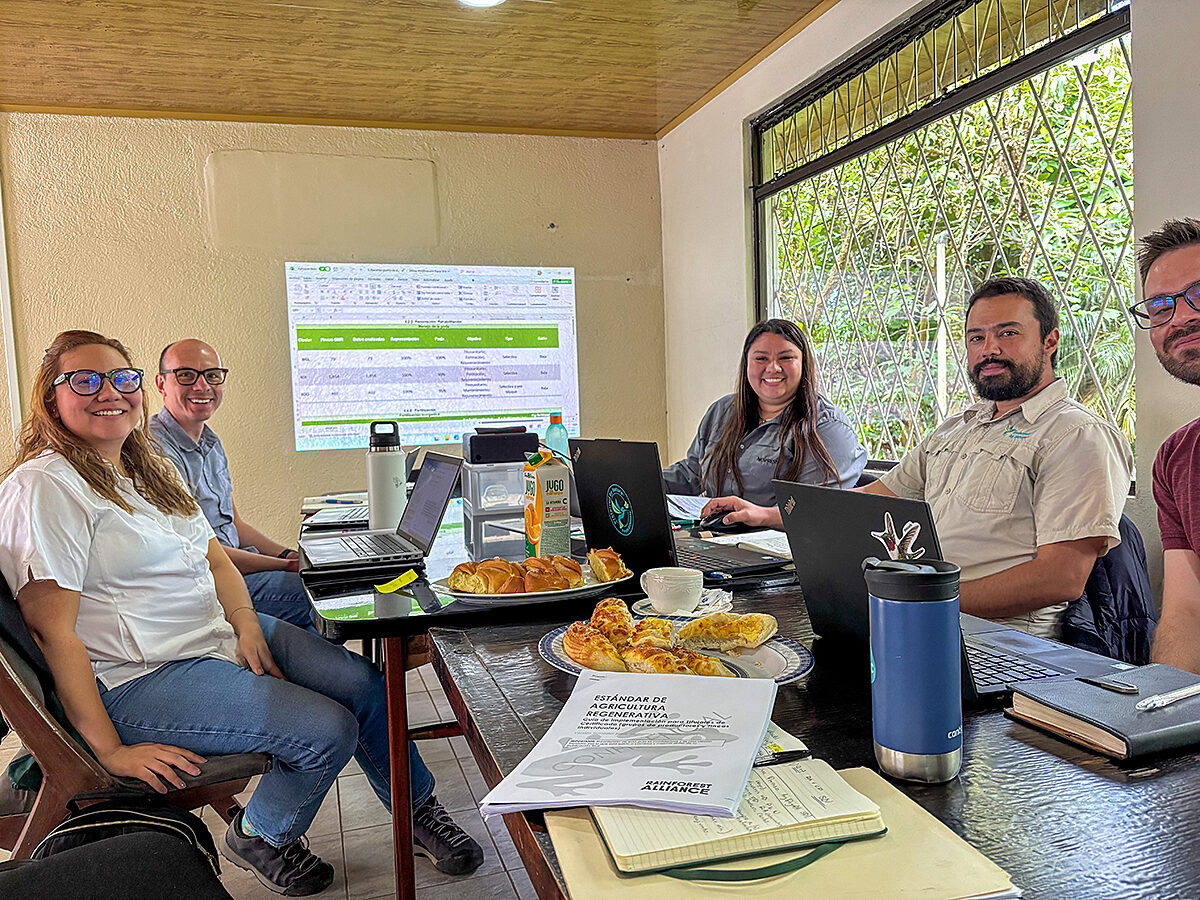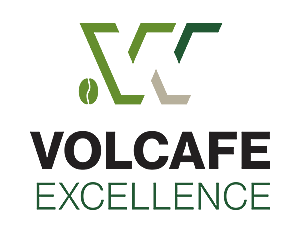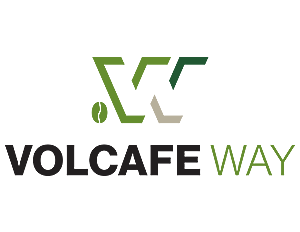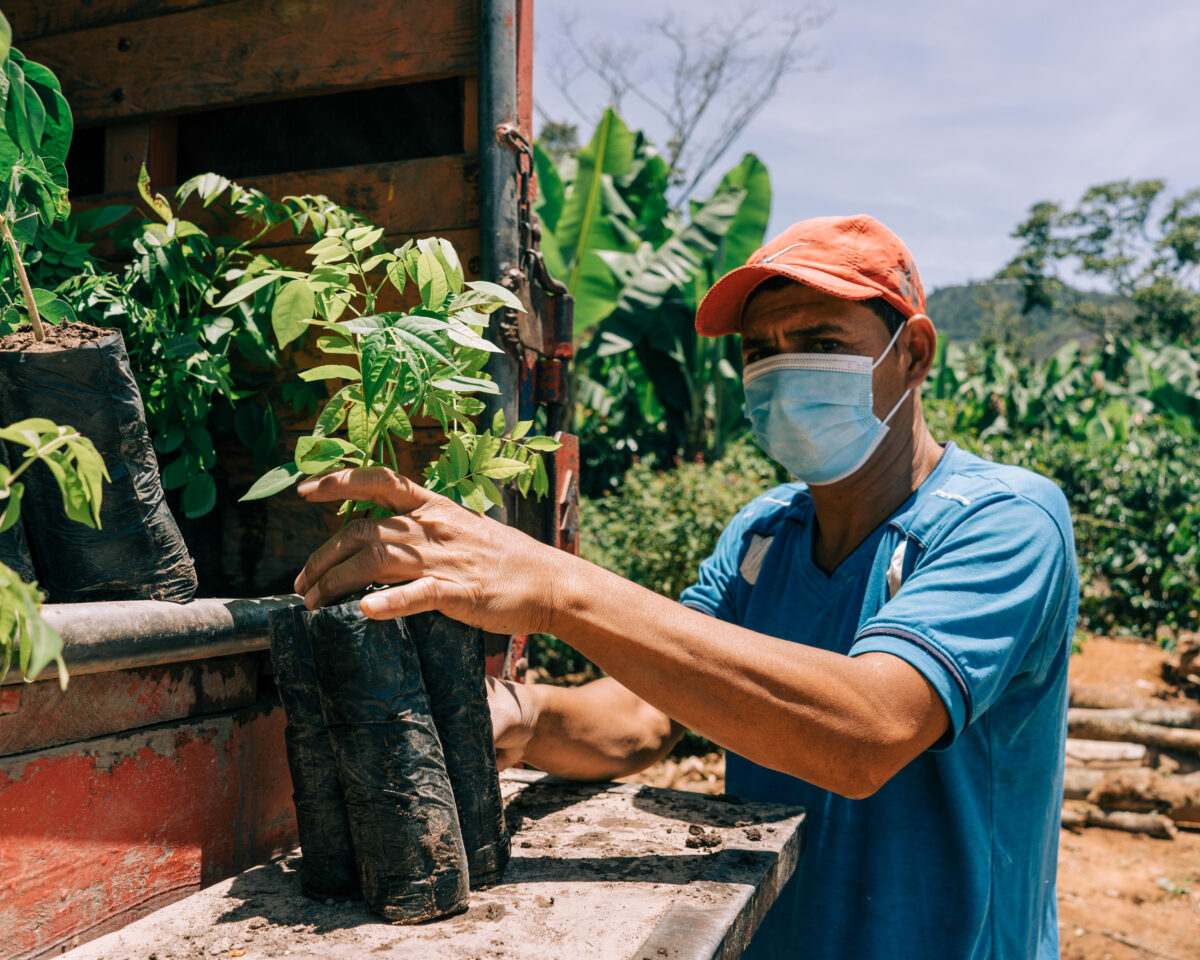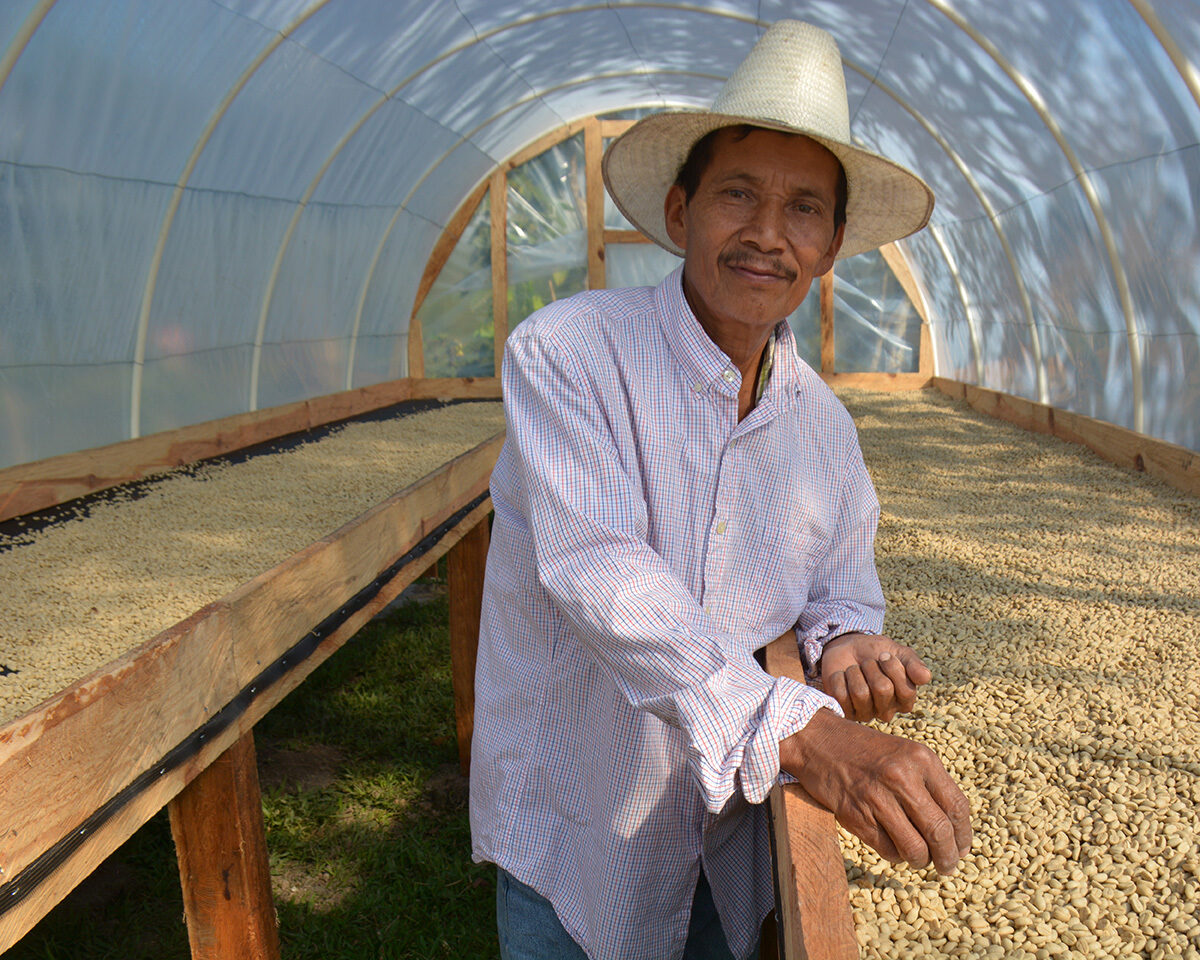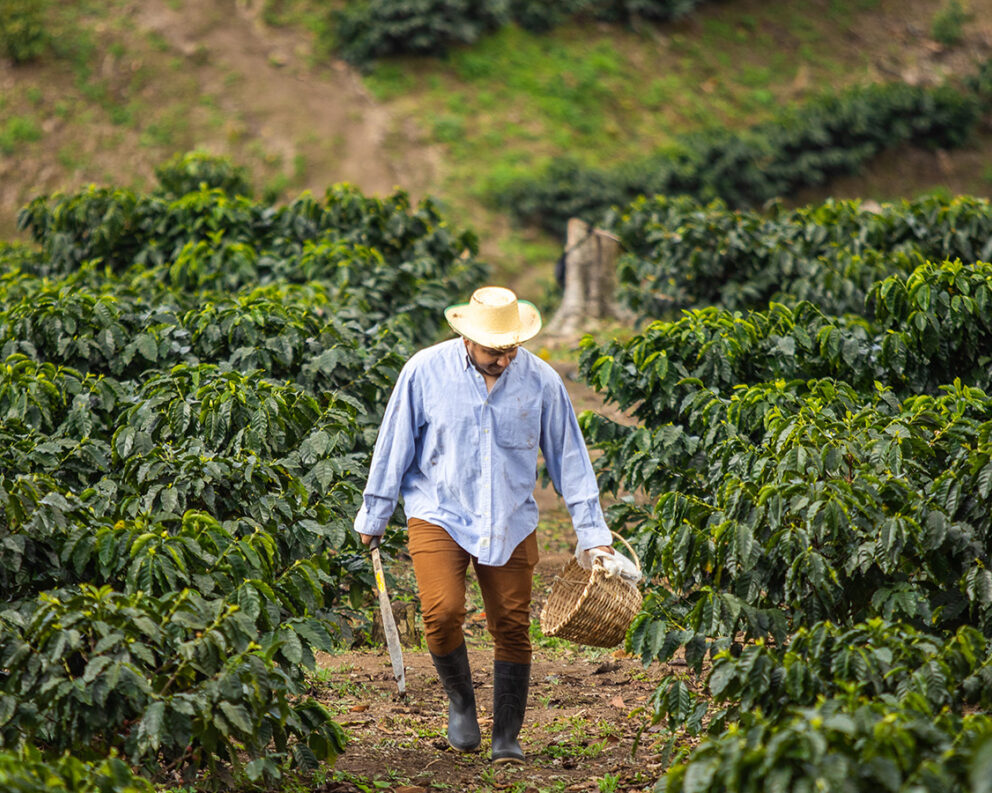New washing station brings Volcafe even closer to Honduran farmers
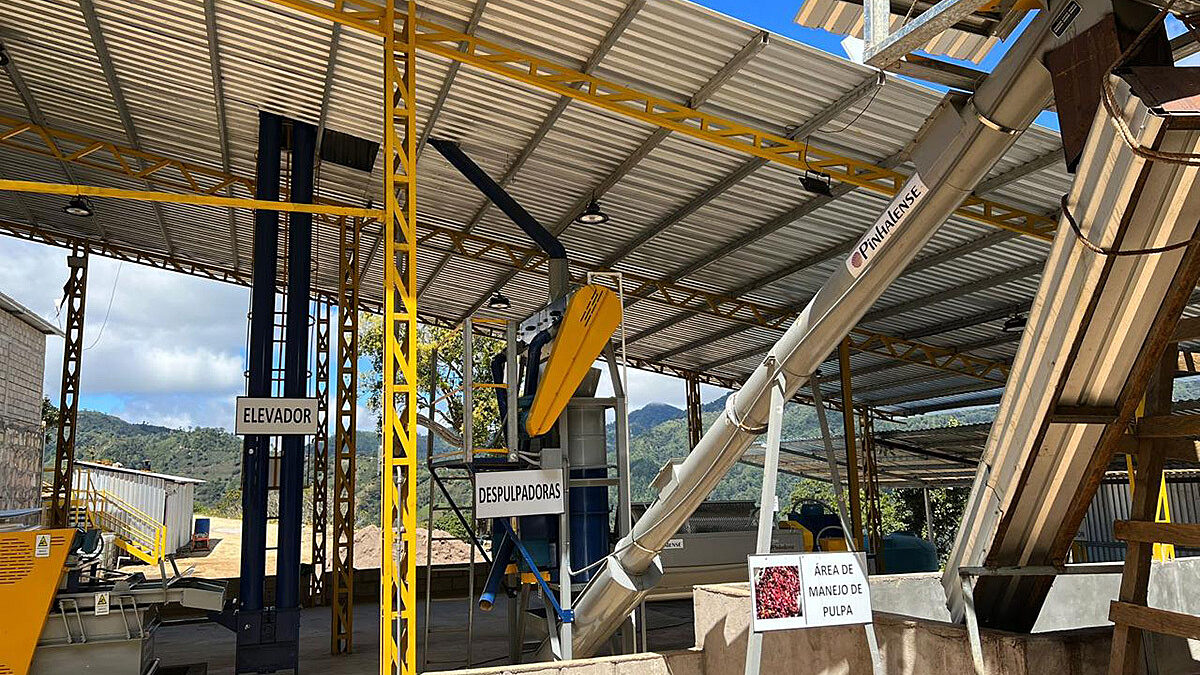
The modern facility offers farmers a new outlet and will help improve coffee quality.
Molinos de Honduras, Volcafe’s local company, recently opened its first washing station in the country. The El Chile mill provides a new focal point and opportunity for coffee farmers in the southern El Paraíso department.
In the mountainous countryside where most Honduran coffee is grown, smallholder farmers often face logistical hurdles with processing and transporting their freshly harvested coffee cherries. This includes challenges with washing and drying at their farms that can lead to mixed quality coffee, and sometimes means farmers accepting low-ball offers from middlemen who provide transport.
By building the new washing station, Molinos de Honduras is bringing a useful service closer to hundreds of farmers, as part of its continuing focus on direct trade with farmers.
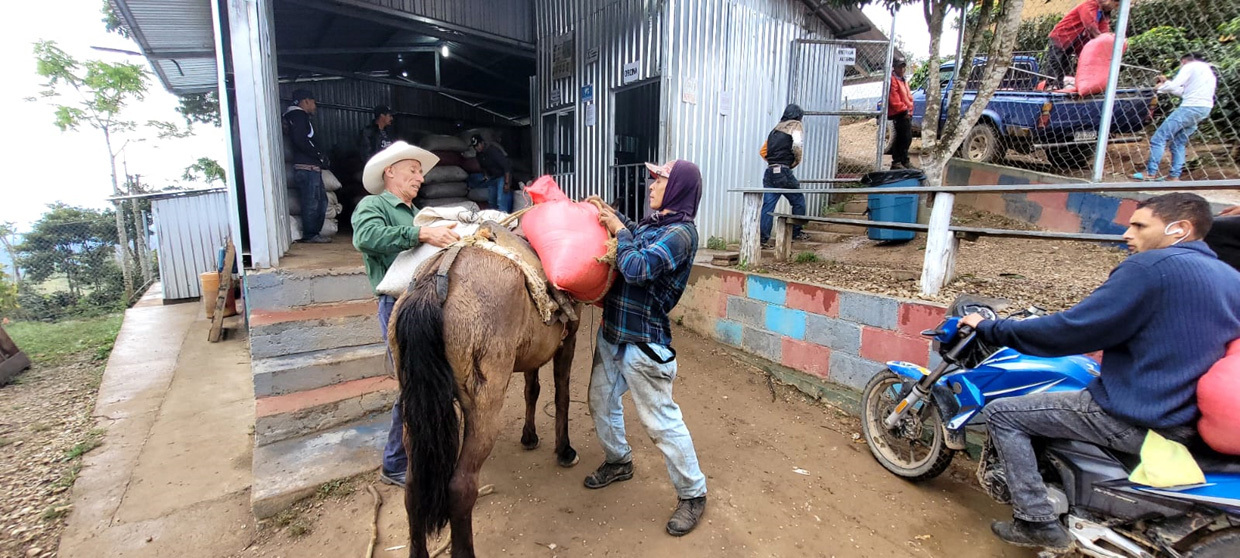
At a washing station (or wet mill), farmers can bring their ripe coffee cherries en masse for processing. The cherries pass through a series of steps including washing and de-pulping to remove the inner seed from the outer fruit. The emerging wet parchment can be sorted and packed in large sacks for onward transport to export facilities; coffee from El Chile moves on to our large facility at San Pedro Sula, strategically close to the port of Puerto Cortes.
Processing at a modern station can improve the quality and uniformity of the beans, reducing some of the potential pitfalls for farmers who otherwise undertake these steps with piecemeal equipment at their farms. The central facility also streamlines the processing and treatment of residual pulp and water, reducing contamination from small pulping units at farms that can send waste into nearby rivers. El Chile includes fermentation and re-circulation pools, a pulp area, sections for honey water (the unprocessed mix of pulp and water) and pulp management, and a drying area for coffee.
El Chile will offer coffee growers in El Paraíso a new degree of service and certainty at each harvest.
Construction at El Chile began in March 2023 and the washing station commenced operations in February 2024. Molinos staff and representatives from Starbucks, one of our roaster partners that supported the mill’s construction, were present as the mill went online.
El Chile can currently process cherries that yield 20,000 69kg bags of dry parchment per harvest season. In the future, El Chile will be able process up to 33,000 69kg bags of parchment each harvest. The mill can process more than 9,000 kilos of coffee cherries per hour.
‘El Chile will offer coffee growers in El Paraíso a new degree of service and certainty at each harvest,’ notes Frank Reese, General Manager of Molinos de Honduras. ‘Our vision is to provide a comprehensive framework of quality and transparency to our coffee farmers. This commitment stands to mutually benefit all stakeholders involved.’
Marie Renou-Ullrich, Head of Marketing and Communications, email hidden; JavaScript is required


